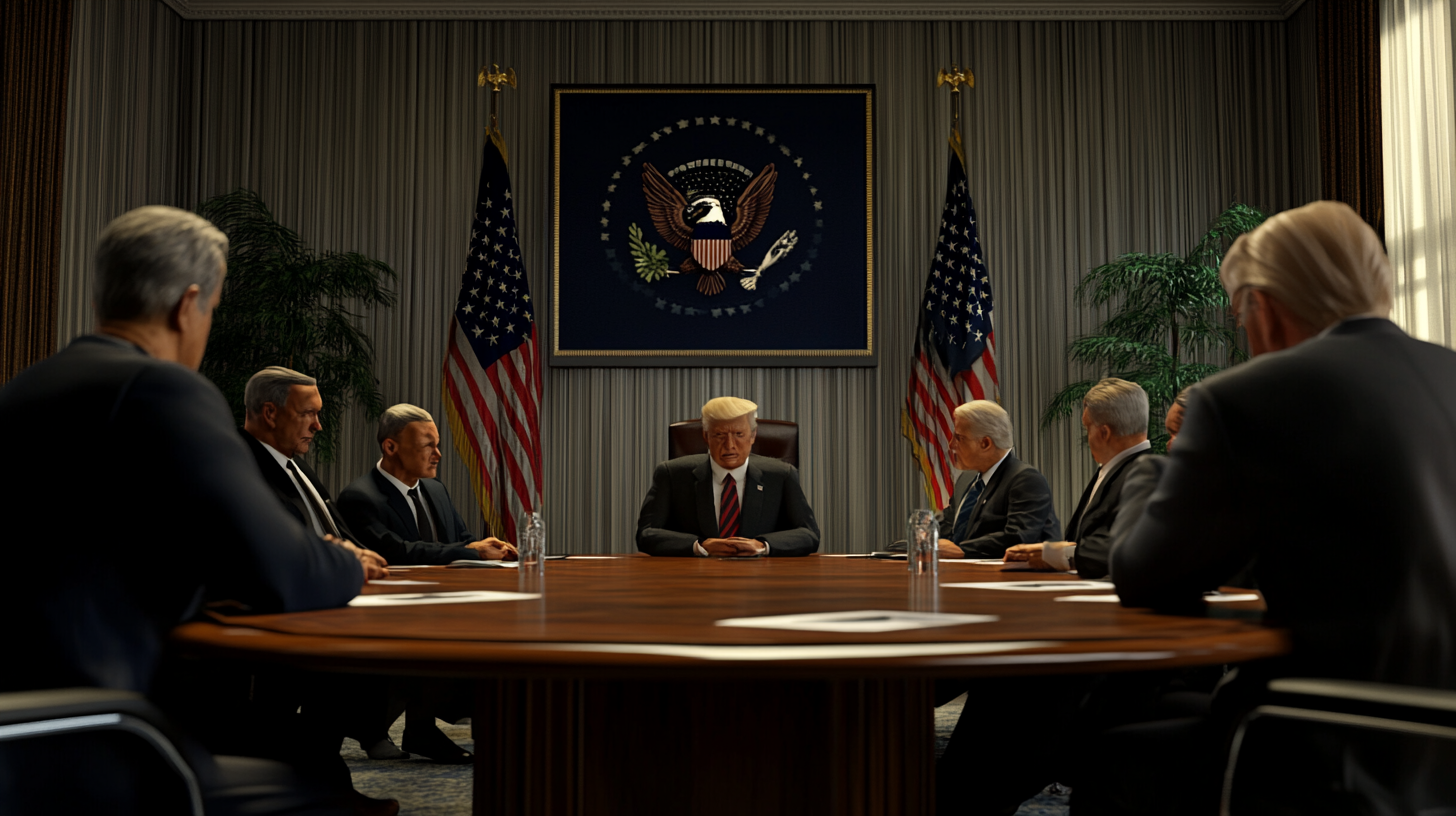
Democrats have introduced a legislative effort to pressure Republicans into taking a clear stance on Trump’s trade tariffs, aiming to influence political dynamics in Washington.
The move highlights ongoing tensions within the Republican Party, raising questions about economic policy and political strategy as markets observe potential shifts.
Democrats Push Back on Trump’s Tariff Policies
The Democratic initiative aims to tackle Trump’s tariff policies, advocating for economic relief. This maneuver corresponds with broader political and economic debates challenging party cohesion. The strategy leverages recent trade tensions affecting domestic and international markets.
The proposal involves key Democratic leaders. Their actions intend to highlight divisions within Republican ranks. Such shifts might influence broader economic policies. Analysts consider these moves pivotal for both parties’ strategies moving forward. As Rep. Brian Mast, U.S. Representative, Florida, expressed, “Once again, Democrats are asking you to suspend common sense and believe that it’s bad for President Trump to fight for American workers and fight foreign tariffs with our own tariffs.”
Market Uncertainty Amid Political Tariff Debate
Immediate market reactions are mixed as investors gauge potential changes in policy. Political analysts suggest significant implications for midterm elections. Both consumer confidence and business sentiment remain under scrutiny.
Financial implications include possible shifts in market prices and trade partnerships. Regulatory and technological outcomes are also considered, reflecting a history of market adaptation to political strategies. Analysts recommend keeping track of emerging data.
Tariff Disputes and Their Economic Impact
Past trade policies have shown varying impacts depending on global cooperation. Similar partisan conflicts have historically resulted in policy shifts reflecting economic prioritization. Experts predict parallel challenges amid current tariffs.
Expert analysis from Kanalcoin suggests potential economic adjustments, drawing parallels with historical trends. Industry experts emphasize the importance of adapting to evolving market demands, using data-driven approaches to predict potential outcomes.









